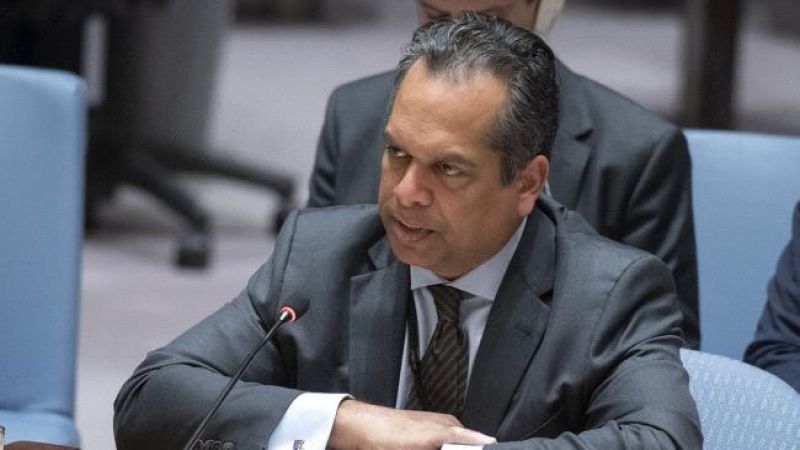
Local Editor
With a COVID-19 pandemic threatening the already fragile country, the UN’s acting Deputy Emergency Relief Coordinator, Ramesh Rajasingham, presented to the Council a bleak humanitarian outlook for Yemen.
During the first quarter of the month there was a threefold increase on attacks against health facilities, with one also reported in April.
“International humanitarian law requires all parties to take constant care to spare civilians and civilian objects throughout military operations”, Rajasingham said, noting that that in light of COVID-19, it was even “more critical to respect and protect medical facilities”.
And amidst coronavirus fears, stigma surrounding asylum-seekers and people on the move is rising, with more refugees and migrants being forcibly deported or detained.
Rajasingham also noted “a disturbing increase” of harassment and incitement against the UN, which makes its work “more dangerous and sometimes forces partners to pause activities at the time when they are needed the most”.
Meanwhile, humanitarians are facing “enormous challenges”, including aid delivery restrictions and funding shortfalls.
Yet, the UN official said, “we’re still reaching more than 10 million people every month” with food, water, healthcare and other services and offering “some of the best chances for people to protect themselves against COVID-19”.
He said the World Health Organization (WHO) had been forced to scale back its operations due to lack of funding, including shuttering therapeutic feeding centres that treat the most severely malnourished children.
“Amidst a pandemic, this is shocking”, said the OCHA deputy chief, adding that preventing disease and feeding sick children are the kinds of programmes should be “protected at all costs”.
“We are urgently appealing to donors to release funds now to sustain principled aid operations”, said Mr. Rajasingham, requesting $2 billion to cover essential activities from June through December.
“We need bold action to stabilize the economy and soften the blow of measures that may be necessary to protect public health”, he told the Council, including regular foreign exchange injections and steps to increase affordable food and other goods in markets across the country.
In closing, Rajasingham spelled out: “Peace is the best chance Yemen has to contain COVID-19, and we hope the parties will work with the Special Envoy to make it a reality”.
Source: UN News, Edited by Website Team